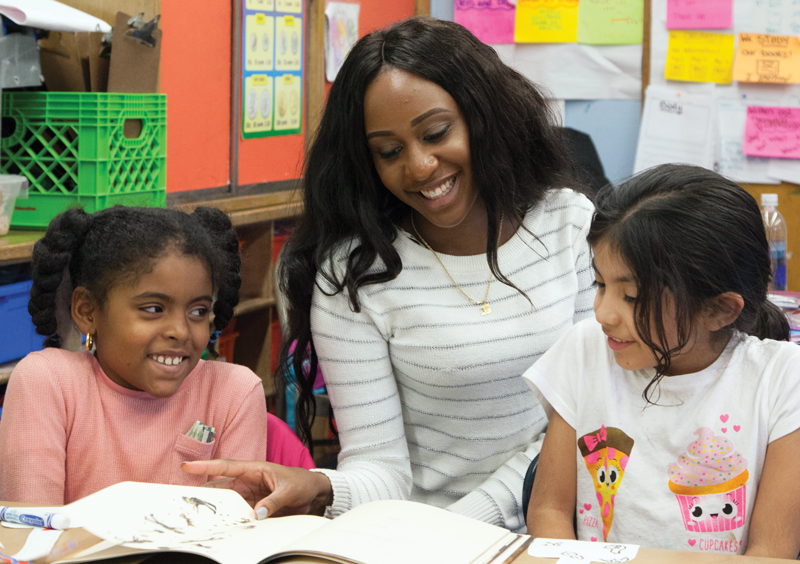
This report was prepared especially for donors to The New York Community Trust.
We hope you and yours are well during what has been a challenging year. Here at The Trust, our spirits have been lifted by seeing the generosity of our donors and the dedication of our grantees.
As a donor to The Trust, you have joined thousands who understand the satisfaction—and the power—of giving. This report showcases how the altruism of our donors—working hand-in-hand with exemplary nonprofits—had a huge impact across our region. Because of generous people like you, from January through October of 2020, we’ve given $210 million to hundreds of nonprofits working overtime through this pandemic.
Martin Luther King, Jr., once said, “It really boils down to this: that all life is interrelated. We are all caught in an inescapable network of mutuality, tied into a single garment of destiny. Whatever affects one directly, affects all indirectly.”
In that spirit, our grants may target a particular problem—such as helping homeless students learn online—but they also span fields, address problems across agencies, and look at issues from multiple angles. Our staff collaborates across portfolios and teams up with other funders to maximize impact.
The results in this report are just a few examples of the impact The Trust has made this year thanks to those who give to our relief funds, through donor-advised funds, and through permanent funds with us and our affiliate offices: The New York Community Trust – Long Island and The New York Community Trust – Westchester. In this report, we have also highlighted some of the funds that made this work possible.
While we missed seeing many of you at our usual in-person events this year, producing this report reminds us that although physically apart, our bond lies in working together to help our neighbors.
 COVID RELIEF
COVID RELIEF
Providing emergency aid to our region during the pandemic
Days after New York City, Long Island, and Westchester were shuttered to slow the spread of COVID-19, we created four funds to send aid where it’s needed most throughout our region. With the support of more than 1,700 donors, we raised $81 million to help nonprofits and the people they serve. The vast majority of that funding has already been distributed to more than 900 nonprofits, with the remainder earmarked for our region’s continued recovery. From helping food pantries ramp up distribution for hungry families to enabling arts groups to transition to virtual programming, these grants have made a tremendous difference.
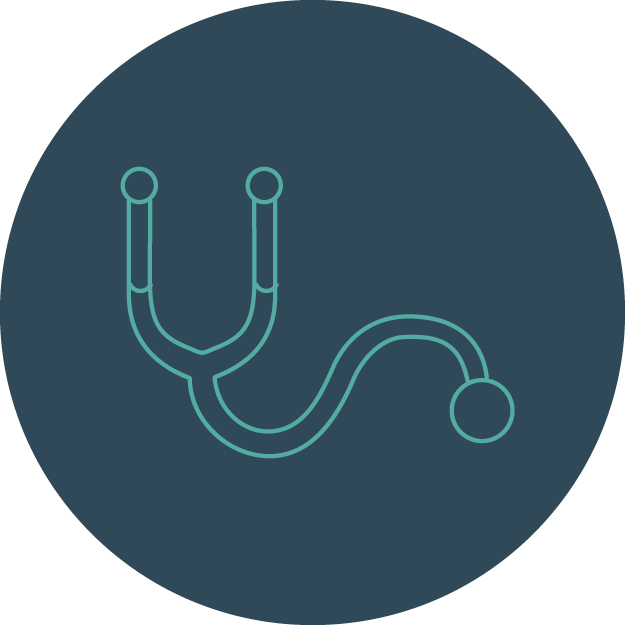 HEALTH
HEALTH
Getting holistic care for children
Children living in poverty face a range of threats—from malnutrition to violence to unsafe levels of pollution. These put their well-being and healthy development at risk, and can hobble the trajectory of the rest of their lives. To create a preventative safety net for these children, The Trust joined with the Altman Foundation and the United Hospital Fund to launch Partnerships for Early Childhood Development. The program paired pediatric primary-care practices with community-based agencies in eight neighborhoods identified as lacking early childhood development services. Children were screened for various risks and their families were connected with help. From 2017 through 2020, the clinics screened more than 8,500 children; close to 3,000 children were referred to services for early intervention, parental counseling, and affordable healthy food. With the onset of the pandemic, many of the screenings went online to continue to help families.
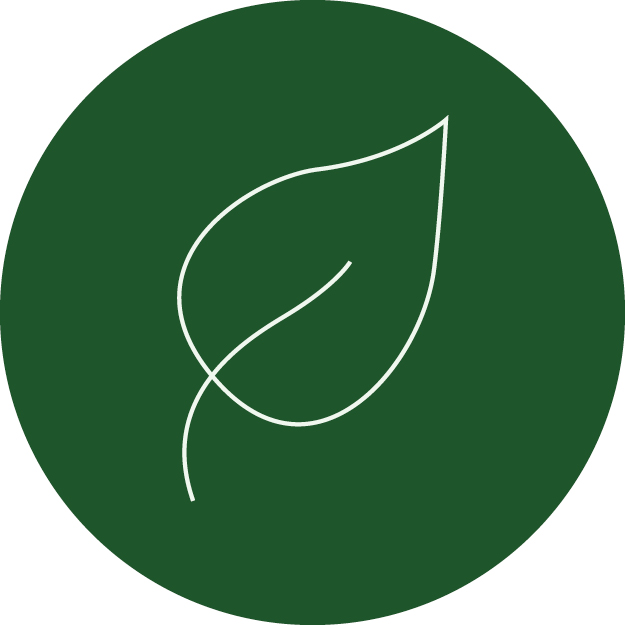 ENVIRONMENT
ENVIRONMENT
Rescuing our parks
Even as the city’s parks became more invaluable than ever as New Yorkers flocked to them for a respite from quarantining, the city’s economic collapse led to budget cutbacks at the Department of Parks & Recreation. The projected result was steep cuts in park maintenance, cleaning, and plantings. Seeing the urgent need to aid these green oases, The Trust supported the City Parks Foundation’s NYC Green Relief & Recovery Fund, which gave 194 grants to nonprofits and volunteer groups to bolster efforts to maintain parks and green spaces.
 CHILDREN & TEENS
CHILDREN & TEENS
Keeping young people in foster care on track
Children who are taken from their families and placed in the foster care system typically experience a number of setbacks and challenges that impede their development toward becoming self-sustaining adults. To change the odds for these young men and women, The Trust gave grants to Graham Windham and HeartShare St. Vincent’s Services to develop a coaching program to support those aging out of foster care. Because the projects were so successful, The Trust became a lead funder of the Fair Futures campaign, which persuaded the city to make the program standard operating procedure, supporting the 7,830 children and teens in the foster care system. The campaign got the city to set aside $10 million in 2019, and then, in 2020—despite the budget crunch due to the COVID-19 pandemic—the city agreed to allocate $12 million to the initiative.
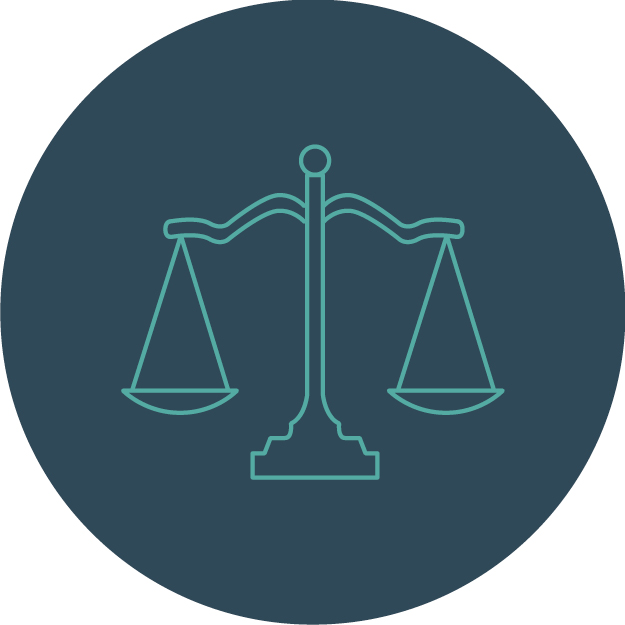 JUSTICE
JUSTICE
Ending the suspension of driver’s licenses
Low-income New Yorkers who were unable to pay fines for parking violations were at risk of having their driver’s licenses suspended. Losing the ability to drive made it difficult for people to get to work and carry on their lives in areas with little public transportation. Nearly two-thirds of suspended licenses are a result of unpaid fines for infractions such as parking tickets or broken tail lights. With a Trust grant, the Bronx Defenders joined a statewide campaign to document and bring to light the issue and persuade the government to take a person’s ability to pay into consideration when weighing suspending their license. The New York Legislature passed a bill to put in place a new, fairer system that is projected to give hundreds of thousands New Yorkers the opportunity to pay off their fines over time and keep their licenses.
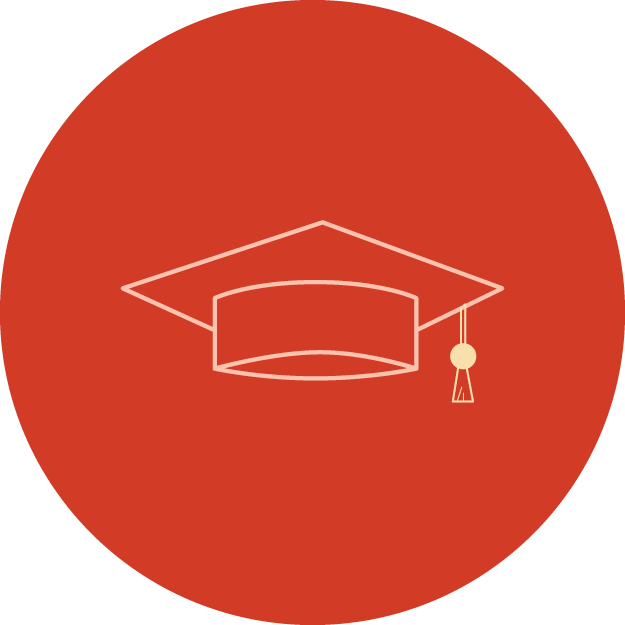 EDUCATION
EDUCATION
Improving literacy in the early grades
After five years of grantmaking from our Brooke Astor Fund for New York City Education to a group of 12 nonprofits, a study found that literacy skills improved among students the nonprofits served. A study by Metis Associates found that over the last school year, 94 high-need schools and pre-kindergarten centers were provided early reading training and 700+ teachers had increased their use of proven instructional techniques to help students improve their vocabulary, oral language skills, and reading comprehension. Metis found that 94 percent of the 10,000 students reached were better readers at the end of the school year. The percentage of students reading at grade level increased by 10 points across the participating schools and programs. A full report on the Astor Fund will be available in 2021.
 LGBTQ
LGBTQ
Building power and fostering understanding
New Pride Agenda used a New York Community Trust grant to advocate for lesbian, gay, bisexual, and transgender New Yorkers. It hired staff to identify and mobilize LGBTQ residents to participate in civic actions. It won big when Governor Andrew Cuomo mandated training for 340,000 state employees on the Gender Expression Non-Discrimination Act, or GENDA, which was recently added to the state’s human rights and hate crimes laws.
 ARTS & CULTURE
ARTS & CULTURE
Saving the Olmstead Tosomock Farm
Best known in New York as the designer of Central and Prospect parks, Frederick Law Olmstead helped shape the city as a journalist, social critic, and conservation activist. His home and surrounding land on the south shore of Staten Island were purchased by the city in 2006, but continued to fall into disrepair and became the focus of a nationwide preservation effort. With a grant from The Trust, the New York Landmarks Conservancy stabilized the farmhouse, an important step toward a full restoration of the building so it can eventually be opened to the public. The Conservancy was able to get it listed on the New York State Register of Historic Places. Among next steps is to pursue listing the farmhouse on the National Register of Historic Places.
 ELDERLY
ELDERLY
A raise for home health aides, and connecting with the homebound
SelfHelp Community Services Foundation used our funding to help older New Yorkers through the pandemic in two ways. Our grant defrayed the cost of providing a raise to 900+ home health aides who worked hundreds of thousands of hours helping homebound seniors during the pandemic.
Because the pandemic exacerbated the isolation of older New Yorkers, The Trust also funded SelfHelp so it could expand its virtual senior center. The platform includes interactive classes, wellness sessions, group discussions, and museum tours and has been shown to reduce feelings of loneliness, increase social connectedness, and improve health. Its 200 users were predominantly low-income, over 80 years old and frail; about a third were immigrants whose first language was not English. Our grant helped add sessions to SelfHelp’s existing offerings, including 10 new classes and 21 facilitated discussions. It also added 46 more participants.
Thank you for giving through The New York Community Trust.
We are here to help you meet your philanthropic goals. Please let us know if you are thinking about including, or have already included, The Trust in your estate through a planned gift, by naming The Trust in your will, or using retirement plan assets. By making this commitment, you can join our Legacy Society and take comfort in knowing your generosity will have an impact long into the future.
Whatever way you choose to make YOUR impact, we are grateful that you are a part of our community of donors.
For more information about the Legacy Society, please contact Rebecca Mandelman at rmandelman@thenytrust.org or (212) 532-4574.